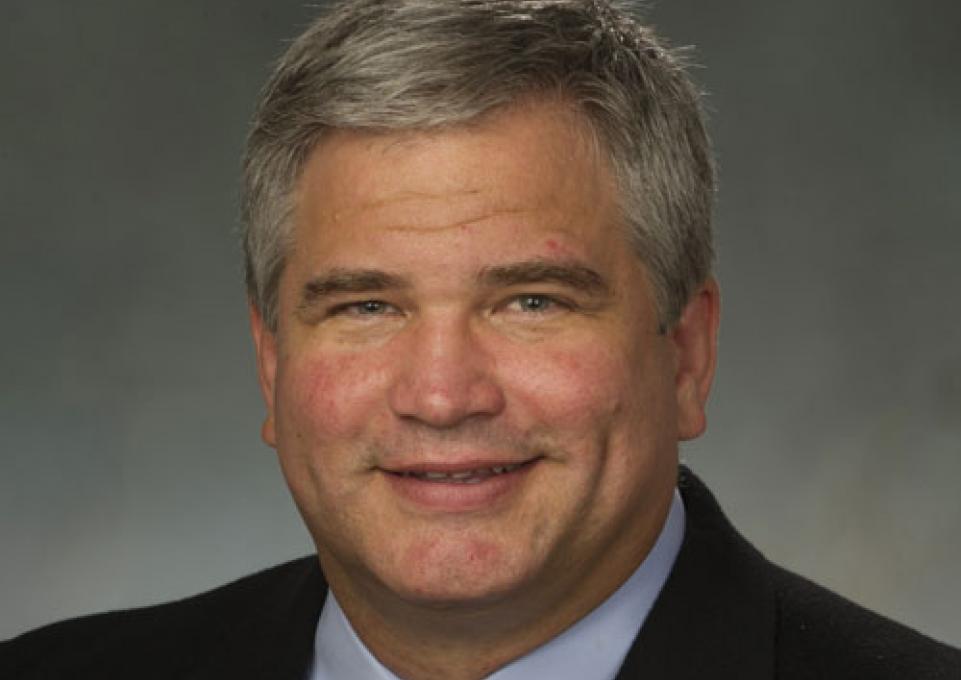
D.A.R.E. warns students about the dangers of alcohol and substance abuse, and treatment is available for people who have become addicted. However, few programs exist for youths who have just begun misusing alcohol and drugs.
Michael MacLean, associate professor of psychology, is a clinical psychologist who works closely with the Erie County Council for the Prevention of Alcohol and Substance Abuse (ECCPASA). He has helped to develop a program to steer at-risk young people away from developing full-blown addictions.
"Telling a teenager 'Don't do it' isn't very effective," said MacLean. "Our program isn't about confrontation or preaching, because we've found that such methods don't work. They make clients defensive and, once a person is on the defense, the conversation stops."
Instead, drawing on his expertise as a clinical psychologist who researches substance abuse among young people, MacLean developed "Focus on Consequences for Adolescents," a program that uses software and motivational interviewing to help clients identify their own challenges and strengths.
"Our clients are referred by counselors, courts, and schools throughout Erie County," said MacLean. "They have had some sort of problem—possession of an illegal substance, a DUI case, an assault, or problems with relationships, for example. They complete a questionnaire about their situation, and they receive a feedback sheet that helps them see their behavior and identify ways to change it."
The therapist engages the client in a technique called "motivational interviewing," which elicits information from the client about their goals as well as their challenges.
"We actually start with their strengths," said MacLean. "For example, some people recognize that they are a good friend, or loyal to their family. We ask them to describe the life they want to live, and then talk about how to get there. Once people recognize for themselves that their behavior is getting in the way of their goals, they have taken the first step to changing that behavior."
After completing two sessions, the clients are followed up via phone interviews over a one-year period. MacLean presented preliminary findings based on data collected from about 1,000 clients over five years at the 2015 Alcoholism and Substance Abuse Providers of New York State Association conference held in October.
"Our findings are very encouraging," he said. "While the frequency of drinking decreases somewhat, the amount the teens consume per occasion drops significantly for most of our clients. The frequency of marijuana use declines dramatically. And recidivism drops, too. We were very pleased to present our colleagues across the state with a promising program."
About Michael MacLean
MacLean earned his Ph.D. in clinical psychology from Arizona State University, and has been a faculty member at Buffalo State since 1997. His research focuses on issues related to adolescence and young adulthood. His recent publications reflect his research into the use of e-cigarettes, motives for college-age drinking, and ADHD and substance abuse.
